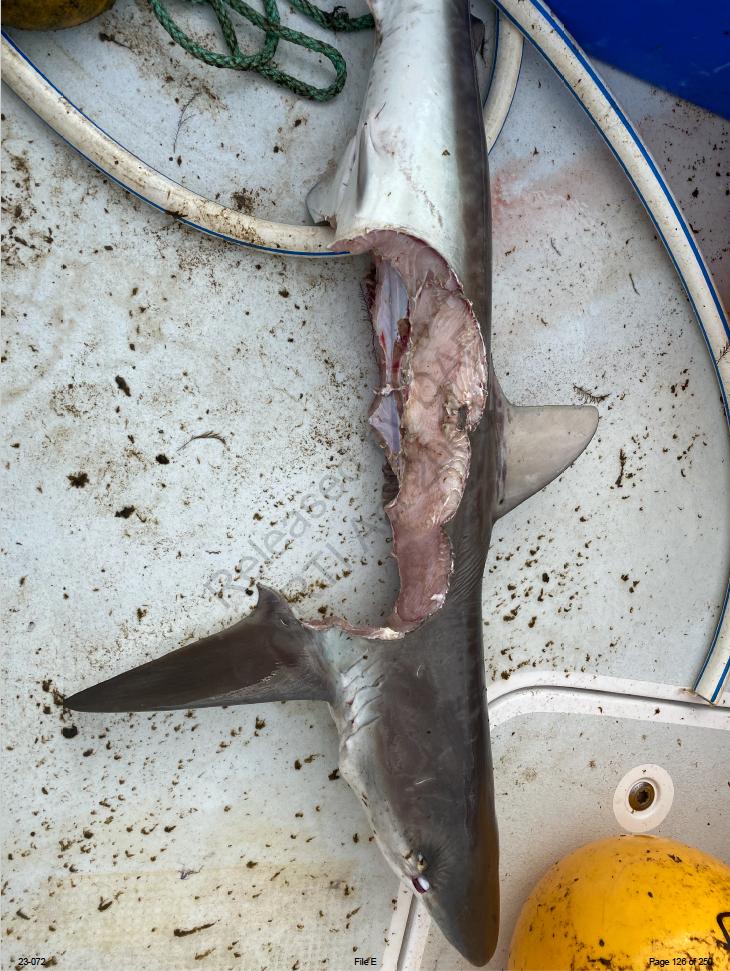Following the tragic death of 17-year-old Charlize Zmuda in a shark attack at Woorim Beach, Bribie Island on 3 February, local fishermen are advocating for a change in shark fishing regulations, including the removal of the 1.5-meter shark size limit.
They argue the approach would help manage prolific shark populations and reduce the likelihood of further attacks.
However, local experts like Henning Koehnken, Shark Coordinator at the Captain Paul Watson Foundation, said culling sharks is not the answer and warned the approach would not make for swimming safer.
Koehnken is critical of Queensland’s reliance on drumlines and shark nets and said current methods are “outdated and ineffective”.
“There were 18 drumlines in that area where that young girl was attacked,” Mr Koehnken said.
“The way Queensland is dealing with shark control is not effective and there are so many alternative ways to make swimming safe in Queensland waters.”
Mr Koehnken said successful shark management strategies had been implemented in Western Australia and South Africa.
“In Western Australia, eco-friendly shark nets are deployed, especially on beaches where sand movement is less of a concern,” he said.
“These nets are designed to protect swimmers without causing the environmental harm that traditional nets inflict, including the unintentional capture of marine life like turtles, dolphins, and protected species such as the great white shark.
“Western Australia has been using these eco nets effectively for protected beaches and they’re a much better option.
“Drum lines don’t work; they don’t make beaches safe for swimmers and they actually attract sharks who feed off them.”
Mr Koehnken said drone surveillance to track sharks had been trialled in Queensland but was never rolled out.
“Drones are a fantastic tool for monitoring sharks and detecting potential risks before they become a problem,” he said.
“They can also spot swimmers in trouble, which is a huge benefit.”
Beyond infrastructure and monitoring, Koehnken also recommended the use of personal and wearable shark deterrents, which come in a variety of forms.
These devices include acoustic, electronic, and chemical deterrents that can be worn by swimmers to reduce the risk of shark encounters.
“While not 100 per cent foolproof, these devices have shown promising results, with some tested in South Africa achieving great success rates in preventing shark attacks,” he said.
“There are many types available, and they’re an effective tool in enhancing swimmer protection.”
While no single solution guarantees 100 per cent safety, Mr Koehnken said a combination of shark barriers, drone surveillance, and personal deterrents would provide better protection than continuing to rely on outdated methods like drumlines and shark nets.
“These methods are not working,” he said.
“They don’t keep swimmers safer, and they harm marine life – this is a lose-lose situation.”
Koehnken said Queensland’s shark management program must evolve, prioritising both public safety and marine conservation.
“We can do better here in Queensland,” he said.
“There are better options available that don’t involve culling sharks and it’s time to adopt them.”

